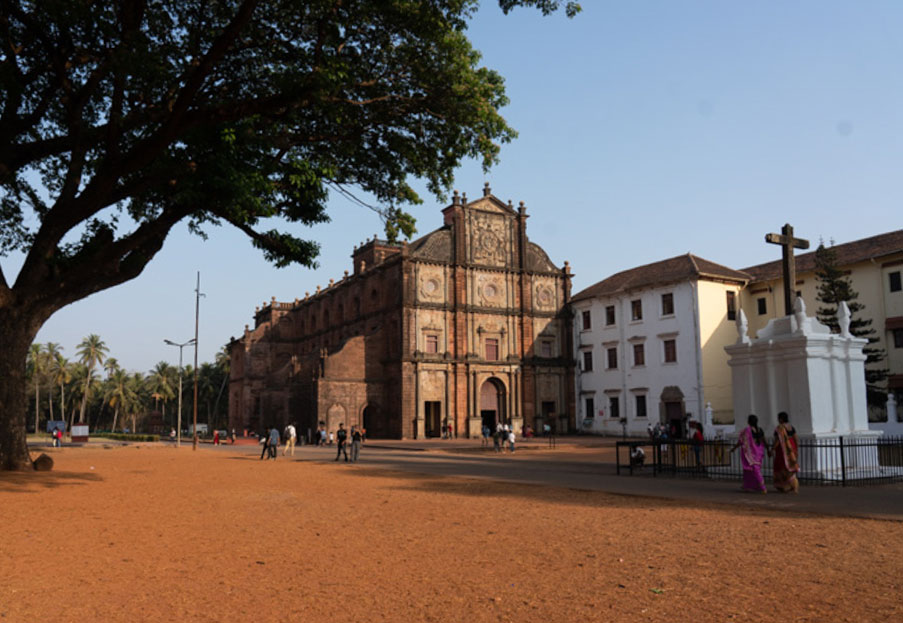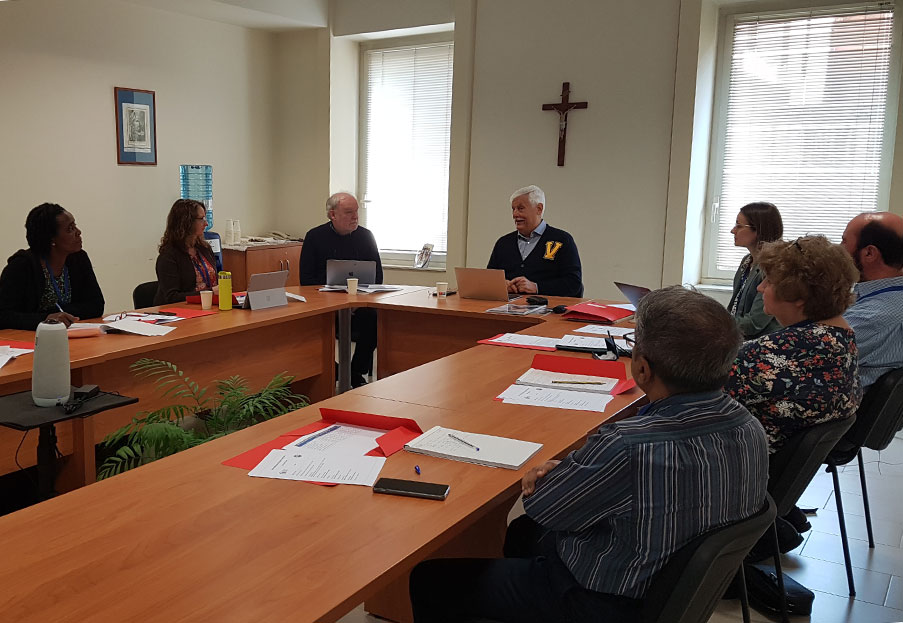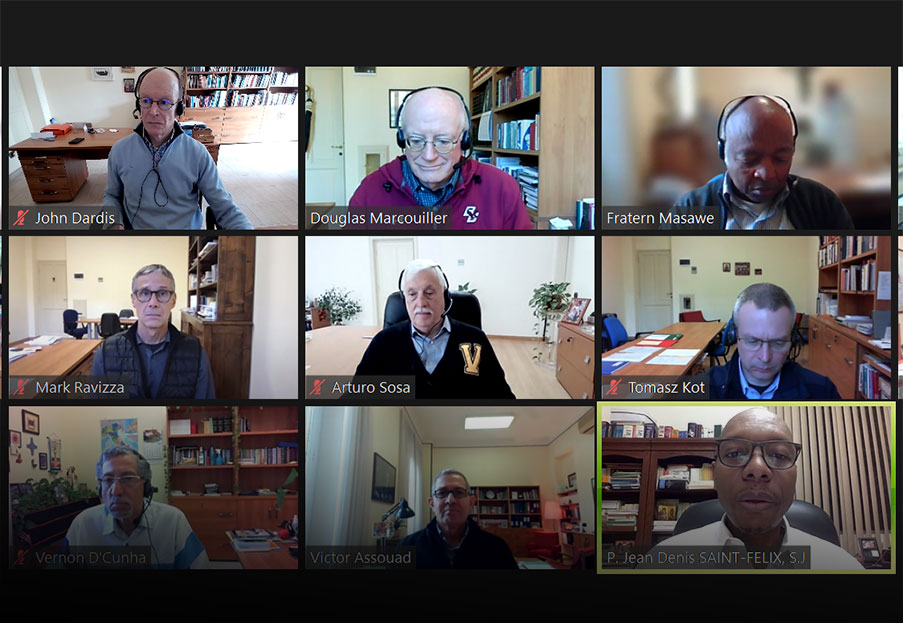Navigating New Horizons: The Transformative Journey of Madurai Jesuit Province’s Social Action
In the series on the apostolic activities of the Provinces of Kerala (KER) and Madurai (MDU), here is the second of three reports from Madurai. It describes the history of the Jesuits’ involvement in social work in this region of Tamil Nadu.
By Joseph Xavier SJ and Aloysius Irudayam SJ
In the ever-evolving landscape of social action, the Madurai Jesuit Province finds itself at a crucial juncture, reflecting on its remarkable journey and contemplating the path ahead. This narrative unveils the Province’s pioneering efforts in social engagement, shaped by global and national events, and driven by an unwavering commitment to structural transformation in Tamil Nadu.
Inspired by the transformative spirit of Decree 4 from General Congregation 32 of the Society of Jesus and fuelled by the political shifts following the overthrow of the Congress party’s emergency rule (1975-77), the Jesuits set their sights on dismantling the oppressive caste and feudal systems. Guided by liberating ideologies like liberation theology and influenced by the teachings of B. R. Ambedkar and EVR Periyar, the Jesuits embarked on a journey that would redefine their role in society.
In
the late ‘70s, a group of young Jesuits boldly ventured into remote villages
among the Dalits, establishing the People’s Action and Liberation Movement
in East Ramnad (PALMERA) in 1979. Witnessing the harsh realities faced by
the Dalits – denied education, healthcare, and human dignity – the Jesuits
became catalysts for change. This initiative, initially led by a handful of
Jesuits, evolved into a trend-setting effort that challenged the status quo.
Though the movement has seen shifts over the years, its legacy endures, with
the recent decision to hand over the mission to new stewards.
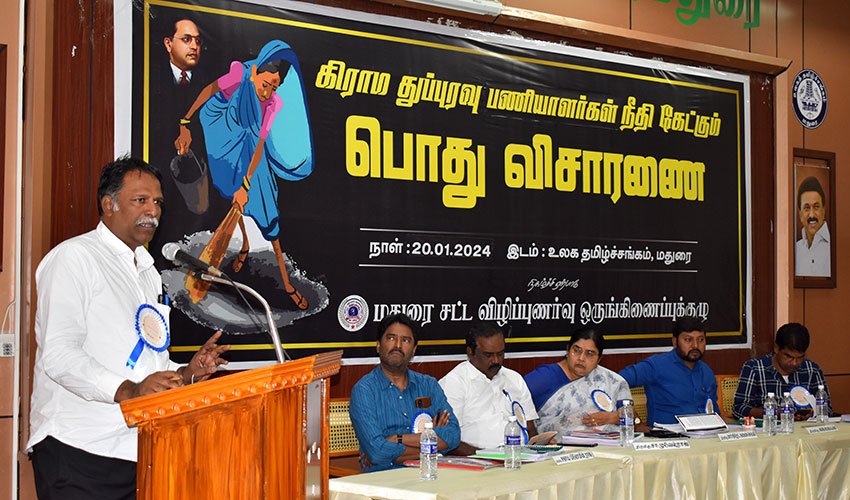
The ’80s marked the emergence of Non-governmental and Civil Society Organizations. Learning from direct grassroots involvement, the Jesuits established the Institute of Development Education, Action, and Studies (IDEAS) in 1984. IDEAS became a regional resource centre, focusing on capacity building for Dalits and later specifically addressing the needs of the Arunthathiyars among them. IDEAS continues to serve manual scavengers, Dalit women, battered women, unorganized labourers, and Dalit youth.
These same years, the ’80s, witnessed the Jesuits’ involvement in the relief and rehabilitation of Tamil repatriates from Sri Lanka. JRS-TN (Jesuit Refugee Service - Tamil Nadu), born in 1983, continues its mission of serving refugees and stateless people with education, livelihood support, reconciliation, mental health, and psychosocial assistance. However, the challenge of resettling these refugees persists, requiring a political solution beyond the framework of Indian and Sri Lankan governments.
Moving
from a broader Dalit focus, the Madurai Jesuits turned their attention to the
empowerment of Arunthathiyars. Initiatives like Kamarajar District Rural
Institute for Social Action and Liberation (KARISAL) and Aduthiruppavar
Munnera Thunaisei (AMUTHU) have played pivotal roles, with ongoing efforts
to sustain and hand over these ventures.
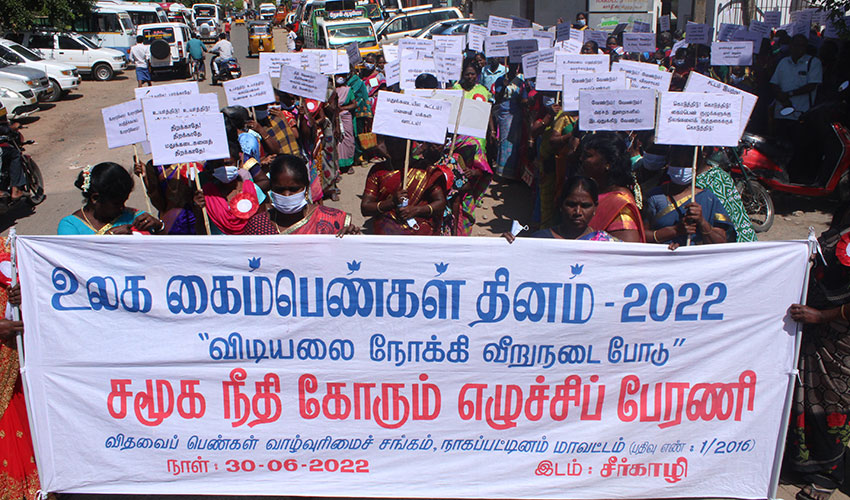
The birth of KALANGARAI, as a Centre of Hope for marginalized women, youth, and children, emerged from the relief and rehabilitation works initiated in Nagapattinam district following the 2004 tsunami. KALANGARAI focuses on empowering widows and deserted women, providing skills training to youth, and offering educational support and leadership training to children.
Recognizing the importance of legal avenues in social justice, the Jesuits inaugurated Legal Action and Advocacy Services (LAAS) in 2005. LAAS concentrates on providing reference, resources, outreach, and remedy, with a significant focus on training para-legal cadres for local law-related activities.
As
of now, the social action ministry involves 20 Jesuits, along with a dedicated
team of lay collaborators and volunteers, across seven social action centres.
Grassroots engagement and training have been the bedrock of their success.
However, the changing dynamics, a decline in young Jesuits, and financial
constraints pose challenges. With project-based work becoming predominant and a
less favourable political climate for civil society actions, the Madurai Jesuit
Province stands at a crossroads. The hope lies in the recognition that a
reinvented approach to social action is imperative to navigate these
challenging times.

